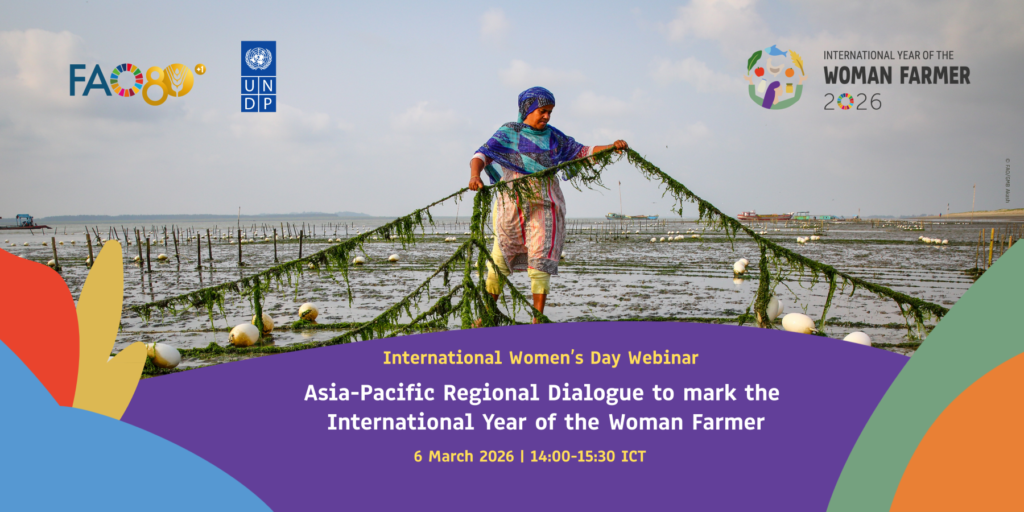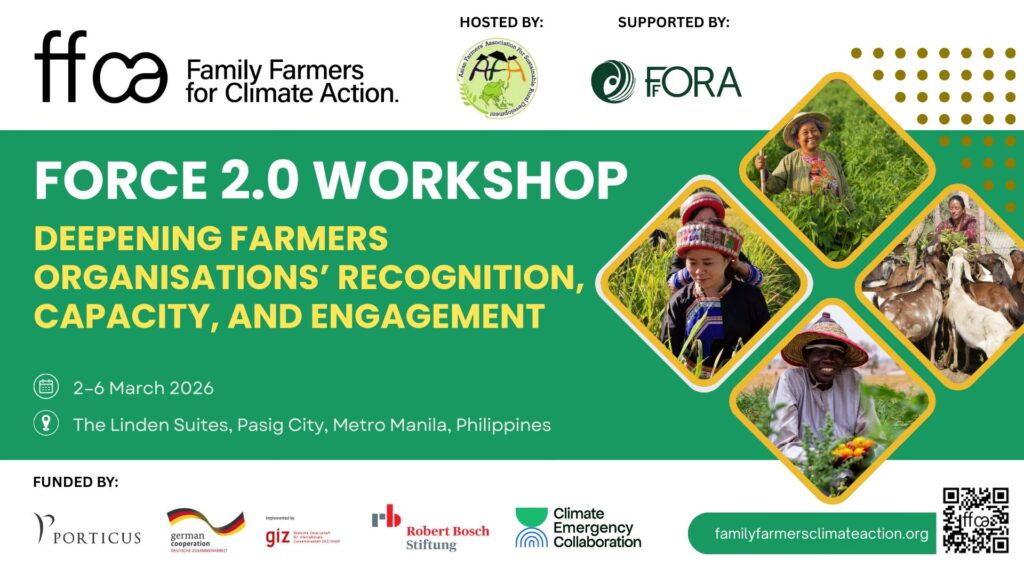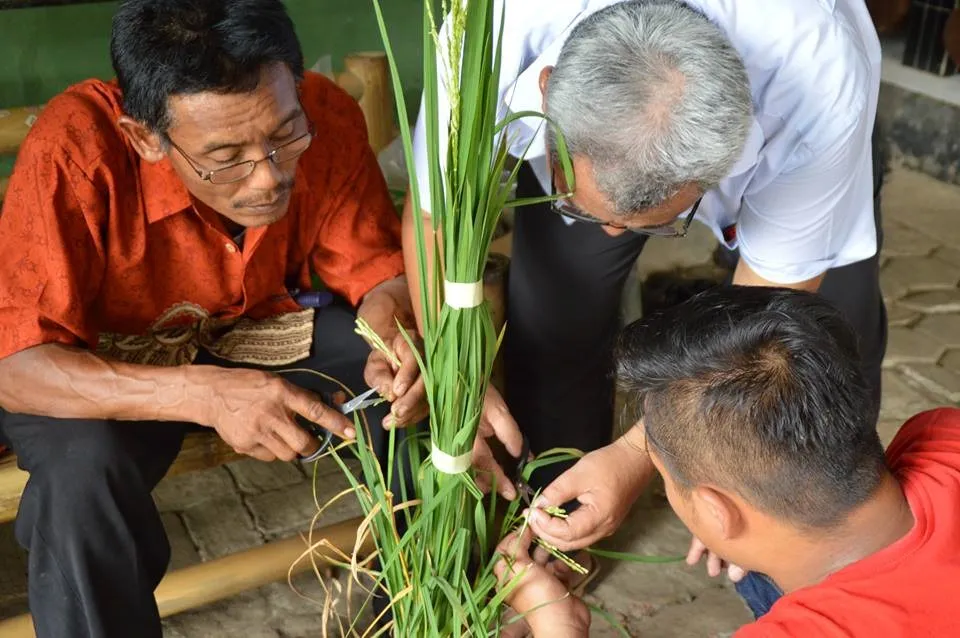
From village leader to business owner: The A Cao Cooperative and its Hmong vision
Vietnam – Nestled beside a quiet hillside along one of the few main roads connecting Sơn La to major cities lies the lush, picturesque fruit garden of Trang A Cao. In the cool summer morning light, his orchard blooms—a peaceful contrast to the hustle and congestion of urban life. Here, the expanse of rice fields and native forests replaces concrete jungles, drawing both local and international visitors in search of serenity and connection to nature.

(Photo: Trang A Cao and the cooperative members in front of the fruit garden.)
Born and raised among these hills of Hua Tat, Son La, Trang A Cao is not just a farmer—he is a visionary leader and a business owner. Having served for several years as the village secretary and head of Hua Tạt, ACao deeply understood the needs of his people and the government’s policies for rural development. When the call came to transition away from traditional crops like hybrid corn and rice, A Cao was among the first to respond.
Pouring most of his capital in the initial investment, A Cao experimented with new fruit varieties such as passion fruit, sweet oranges, crisp persimmons, and green pears. These experiments were risky. He once cut down hundreds of pomelo trees that produced poor-quality fruit, as well as losing thousands of passion fruit vines lost to pests—decisions that raised eyebrows but ultimately set the groundwork for sustainable process in the longer term. “That’s how it is in business, sometimes you have to restart an entire year-long work. But just like pests, if you don’t remove it right away, it will fester and eat away our works for years to come. As the leader of the coop, I need to do make the hard choice sometimes.”
In 2018, he established the A Cao Agricultural Cooperative with seven fellow H’Mông households. As its director, Cao forged partnerships with local and provincial Farmers’ Unions, securing support for greenhouse infrastructure and technical training. In 2021, the cooperative joined the Forest and Farm Facility Phase II (FFF II) program, receiving 1,200 green pear saplings along with capacity-building support in areas like organic farming, digital tools, and cooperative management.

(Photo: A Cao and the officers from Farmer’s Union in one of the training sessions.)
Today, A Cao Cooperative has expanded to 12 core members and 45 affiliated households. Their model integrates sustainable farming with eco-tourism in the cool pine forests of Hua Tat. They grow a rich variety of produce—sweet oranges, crisp persimmons, green pears, strawberries—using organic techniques and modern tools like QR codes for traceability. Annual outputs now reach over 200 tons, all VietGAP certified and marketed to supermarket chains in major cities like Hanoi.

(Photo: Trang A Cao promoting his fruits at a local agriculture fair.)
But the innovation goes beyond agricultural farming. Recognizing the growing demand in authentic cultural experiences, Cao and his cooperative launched A Cao Homestay, an agro-tourism initiative that blends traditional H’Mông hospitality with modern connectivity. Set in the heart of the pine forest, the homestay offers guests a chance to experience indigenous crafts, ethnic music, clean farm-to-table meals, and life in harmony with nature. His agro-tourism approach is getting quite popular with both domestic and international clientele, with lots of French tourists pouring in for an authentic indigenous living experience.
To attract both domestic and international visitors, the cooperative utilized ICTs means to actively promoting their services through platforms such as Zalo, Facebook, TikTok, Booking.com, and others. Cao’s niece, A Chu—a tech-savvy woman in her 20s with vocational training—now leads the cooperative’s digital marketing efforts. Their embrace of ICT has transformed A Cao Homestay into a sought-after destination for community-based tourism, and Cao hopes to leverage this visibility to strengthen the fruit value chain as well.
Despite growing success, Cao remains humble. His cooperative currently offers three VietGAP-certified products, but none have yet met the standards for Vietnam’s prestigious OCOP (One Commune One Product) or organic/PGS certification. To reach this next milestone, Cao is investing further in knowledge, technologies, and mentorship for fellow farmers.
“My goal,” says Cao, “is to increase our production output even further, because in order to apply for OCOP and organic/PGS certification, we need at least double the amount of products we are able to produce right now. And I hope that is where technologies and new business practices can help me…”

Under Trang A Cao’s leadership, the pine forests of Hua Tạt have become more than just scenic backdrop. They are living ecosystems—protecting biodiversity, preserving water resources, and educating future generations about sustainable living. His journey is a powerful reminder that farming today is not just about planting crops—it is about building a resilient, inclusive, and sustainable economy rooted in community and innovation.
Photos and story – Minh Pham, FAO



